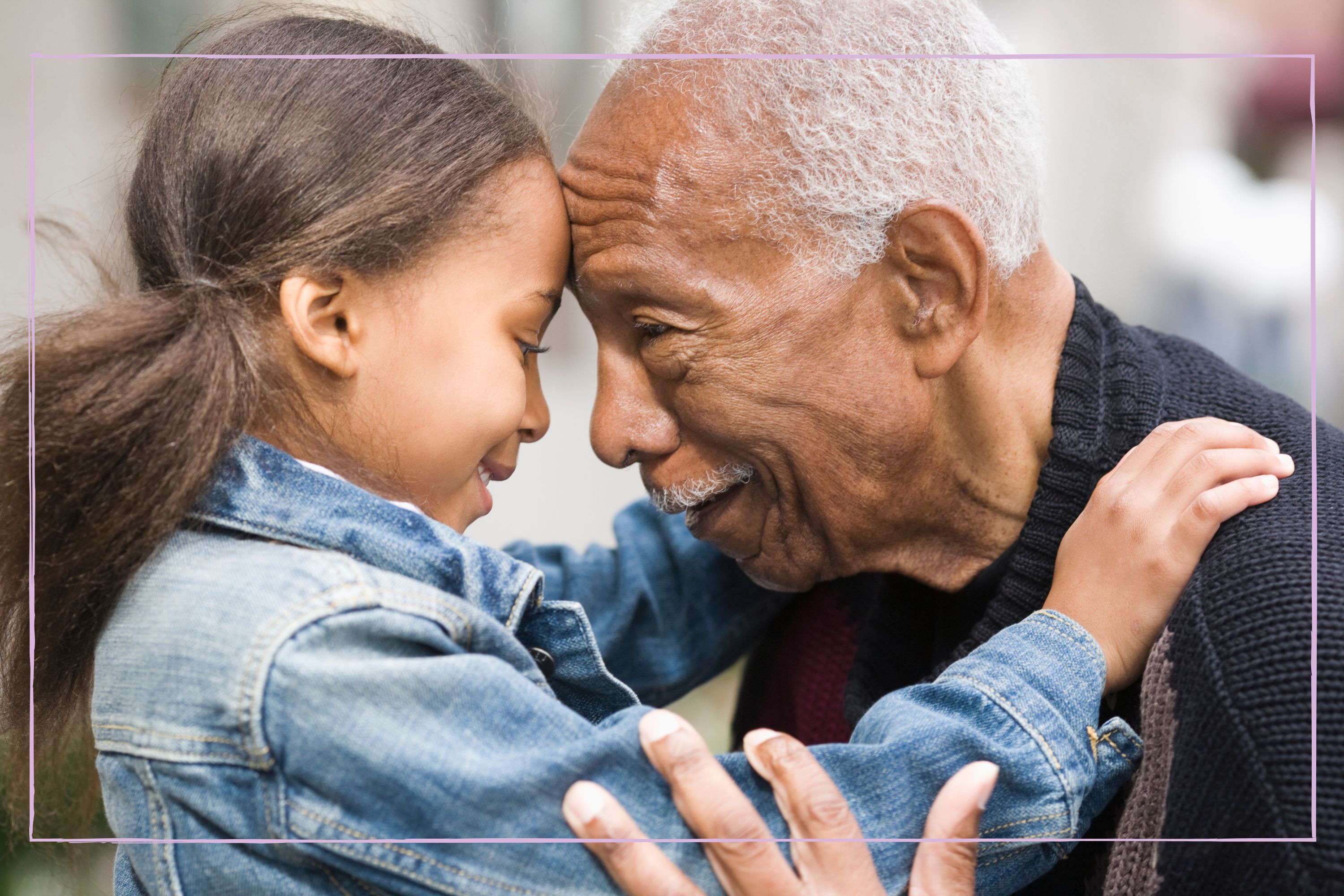Looking after grandchildren is better for the brain than Sudoku, new research suggests - adding yet another pro to the list of being grandparent
As more grandparents take on childcare duties, it's not only parents getting something out of the deal

New research has suggested that, for grandparents, spending time looking after grandchildren is actually better for your brain than doing word puzzles like Sudoku.
Grandparents are a vital source of childcare for many families. Average childcare costs have risen by 7% in the last 12 months and, while everyone now gets 15 hours free childcare since the government's scheme expanded, the cost of raising a child, for many, still leaves the cost of nursery unaffordable.
That's where grandparents step in. There are 1.5 billion grandparents worldwide. That means they account for a whopping 20% of the population. So with research showing that more than half of grandparents look after their grandchildren while their parents are at work, it's clear that a lot of people are looking after their grandchildren on a near-daily basis.
While the arrangement may not be completely ideal for everyone, there are undoubtedly many benefits to all this grandparent-grandchild bonding time. For one, science has shown that children who have a good relationship with their grandparents tend to have less behavioural and emotional problems, with the time they spend together teaching them important life lessons. And it's not just the kids who benefit as grandparents say they learn more from their grandkids than their own children.
And now there's a new pro to add to the list. Recent research published in the Journal of Marriage and Family found that grandparents who were providing even just minimal care for their grandchildren had better cognitive functioning than non-caregivers.
Ryan Lowe, child psychotherapist and spokesperson for the Association of Child Psychotherapists, explains, “One of the best ways of not experiencing too much detriment in your cognitive thinking is to keep growing your brain. Sudoku is one thing, but grandchildren are a whole other level."
The new research backs up existing science that's shown how spending time with grandkids just once a week can reduce the risk of grandparents developing dementia. You don't even need to do something incredibly complicated, like a Sudoku, to get the benefits either. In fact, doing this simple kid-friendly activity with a grandparent three times a week can help reduce their risk of dementia.
GoodtoKnow Newsletter
Parenting advice, hot topics, best buys and family finance tips delivered straight to your inbox.
But for all the pros of being a grandparent, from finding fun things to do with kids to offering them important life advice, grandparenting can be difficult. That's because, according to academic Vicki Harman who has studied grandparenting, "The two central norms of grandparenting are ‘being there’ and ‘not interfering’.”
The approaches are contradictory but important to uphold. You must be on hand to help out, but not encroach on the parenting approach their parents are taking. It's especially important considering that grandparents who refuse to respect parenting choices may pay a big price.
Harman adds, "While grandparents feel they should not interfere in the way in which their children raise their grandchildren, they also feel a sense of responsibility to their grandchildren, and worry that on some occasions not interfering could be interpreted as not caring”.
She recommends to focus on getting to know your grandchildren, asking them interesting questions about themselves, as well as giving them things to think about that will keep them off of their phones. To help you out, we have plenty of fantastic facts for kids to really blow their mind, as well as inspirational quotes to motivate kids and riddles for kids to get their minds going (and don't worry, we've also shared the answers too!).
Charlie Elizabeth Culverhouse is a news writer for Goodtoknow, specialising in family content. She began her freelance journalism career after graduating from Nottingham Trent University with an MA in Magazine Journalism, receiving an NCTJ diploma, and earning a First Class BA (Hons) in Journalism at the British and Irish Modern Music Institute. She has also worked with BBC Good Food and The Independent.